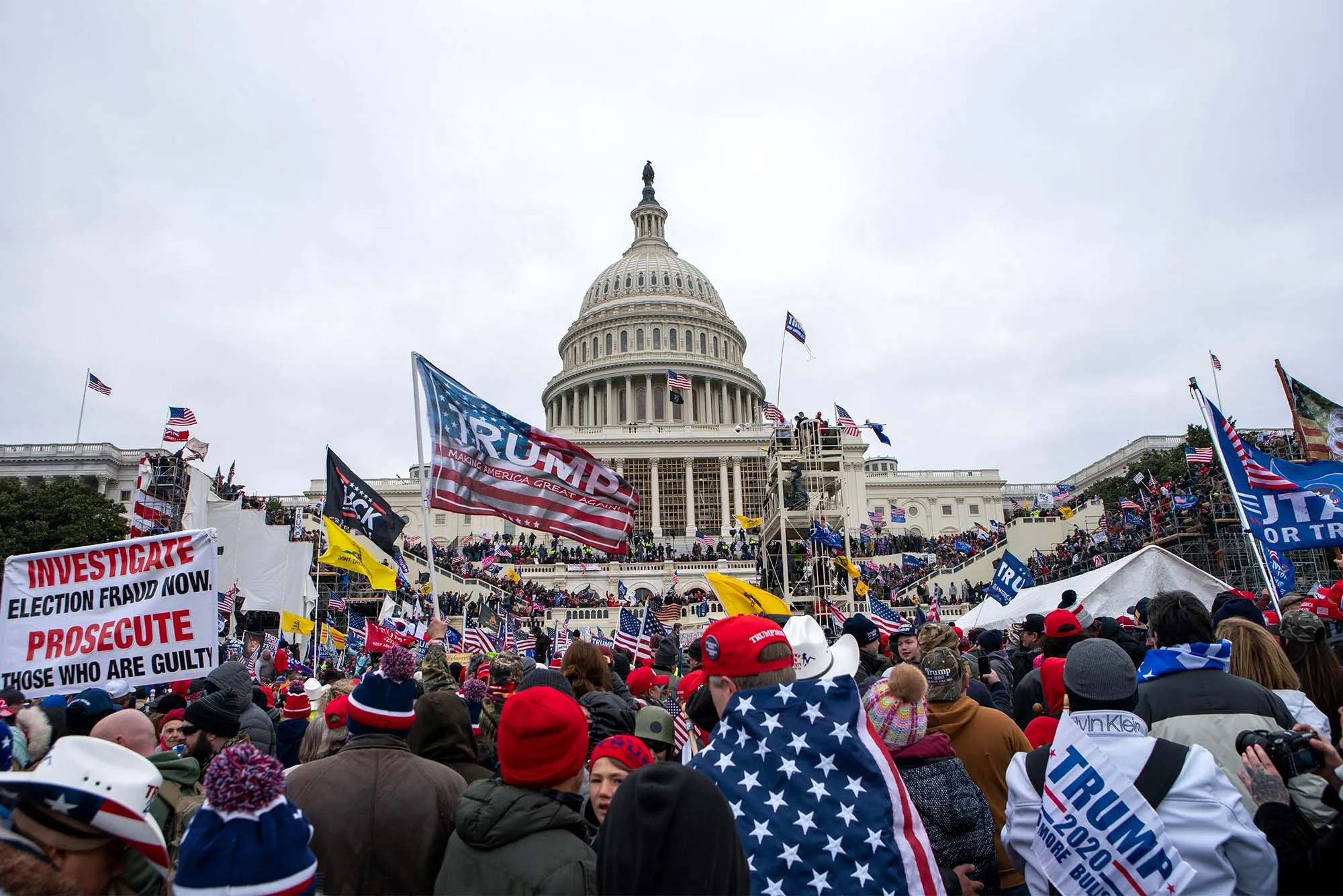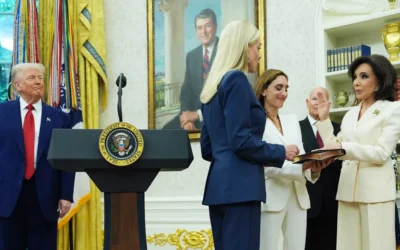The Evolution of MAGA: A Movement Beyond Trump
As the political landscape in the United States continues to evolve, the relationship between former President Donald Trump and the Make America Great Again (MAGA) movement is undergoing significant transformations. Once seen as a singular entity, Trump and MAGA now appear to diverge in their paths, as elements of the movement take on lives of their own, and Trump’s own influence appears to shift. The nuances of this evolution not only reflect changes in Trump’s health and political standing but also indicate a broader shift in the GOP’s base and ideology.
Trump’s Health and Political Viability
Donald Trump, the 45th president, has faced health challenges that many speculate could affect his political ambitions. Reports of illness, ranging from minor ailments to rumors of more serious conditions, have raised questions about his ability to lead the MAGA movement into the 2024 elections and beyond. His physical health directly correlates with his political capital, as a healthy and vigorous Trump is essential for galvanizing his base.
While Trump’s health issues have been met with speculation, they have also led some of his staunchest supporters to express concern over his viability as a candidate. As we saw during the tumultuous lead-up to the 2020 election, Trump’s energy and presence were vital to mobilizing his supporters, whom he once described as a ‘movement’ rather than just a political party.
MAGA’s Siege Mentality
In recent years, the MAGA movement has evolved into something that feels increasingly disconnected from Trump himself. Many supporters of the MAGA ideology now harbor a ‘siege mentality,’ perceiving themselves as defenders of a cherished, if often fictional, America. This mentality fuels a narrative that suggests the country is under siege by outside forces—be they liberal politicians, perceived threats from immigrants, or social movements advocating for racial and social equity.
This attitude has not only deepened divisions within the country but has also provoked reactions across the political spectrum, challenging traditional electoral norms. The MAGA movement now encourages its supporters to view themselves as engaged in a cultural battle, rather than just a political one. In many regards, this siege mentality reinforces an alignment with populism that has taken on a life of its own.
MAGA’s Hesitance to Rely Solely on Trump
While Trump remains the face of the MAGA movement, grassroots supporters are increasingly unwilling to tether their identities solely to his lead. The rise of younger candidates and those embracing more extremist views has created a landscape where the MAGA identity encompasses a broad spectrum of ideologies. Even within Trump’s most loyal followers, there is an understanding that MAGA has developed into something larger than any single individual, including Trump himself.
Some candidates and movements that have emerged from the MAGA ethos are pursuing more radical approaches, critiquing Trump’s more moderate stances as insufficient. This might indicate an internal struggle within MAGA as factions vie for the movement’s future direction and ideological purity. How Trump navigates these sentiments will be critical as he positions himself for any potential candidacy in 2024.
The New Playbook: MAGA as Defined by Trump
Despite the shifting dynamics, one constant remains: Trump still wields significant influence over what MAGA represents. His whims can shape the movement’s narrative, as seen in various rallies and statements across social media. The challenge for MAGA-supporting politicians and grassroots activists is to balance their own beliefs and aspirations with the expectations and whims of the former president.
As social media continues to serve as a conduit for ideas shared within the MAGA community, we see the emergence of a new playbook: MAGA is whatever Trump decides it will be at any given moment. This malleability makes it an unpredictable movement, but also one that can rally significant support for specific issues aligned with conservative and populist values.
The Future of MAGA in a Post-Trump World
As the possibility of a Trump candidacy looms over the GOP, it raises critical questions about the future of the MAGA movement. What occurs if Trump, due to health concerns or waning popularity, decides not to run again? Will the movement fracture, or will other leaders step in to fill the void? The answers to these questions will likely determine the fate of the MAGA brand going forward.
Moreover, as younger generations become increasingly politically active, there is a growing opportunity for the GOP to adopt new messages and engage with emerging issues, including climate change, economic inequality, and social justice, without abandoning its core principles. A shift towards a more inclusive, albeit still conservative, ideology could challenge future iterations of MAGA and redefine what it stands for.
Implications for the GOP
The implications of these shifts are significant for the Republican Party as well. The MAGA movement embodies energies that can either stabilize or destabilize the GOP, depending on how they are harnessed. Trump, for better or worse, has taught the Republican base to prioritize loyalty over traditional party structures. Moving forward, Republican leaders must navigate these turbulent waters to cultivate a unified front that balances the demands of populism within the party while adhering to traditional conservative values.
Conclusion
The MAGA movement, initially born from Trump’s rhetoric and vision, is now in the delicate process of rebirth. While Trump may remain a significant figure in this narrative, the broader MAGA identity has found resiliency and coherence outside of his direct influence, shaping the political landscape of the future. As we enter the next election cycle, it remains to be seen whether Trump can maintain his grip on this sprawling movement or if MAGA will define itself in a manner untethered from its original leader.
In the end, the conversation surrounding MAGA highlights a dichotomy seen throughout history: movements can outlive their founders, evolve based on the needs of their supporters, and adapt to new political realities. The world will be watching closely as the GOP enters a new chapter, one that may ultimately redefine the very fabric of American conservatism.







